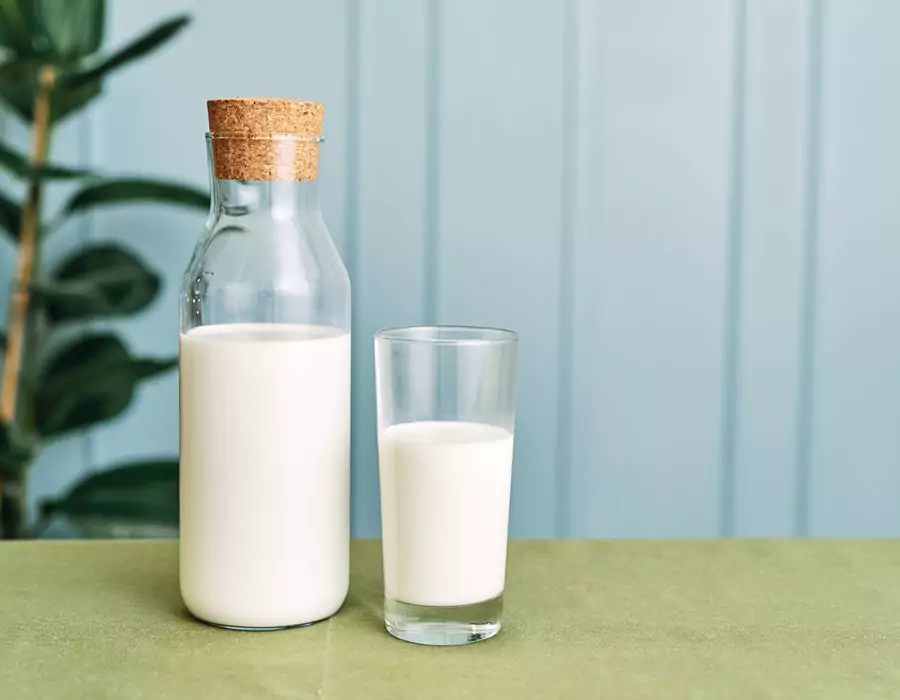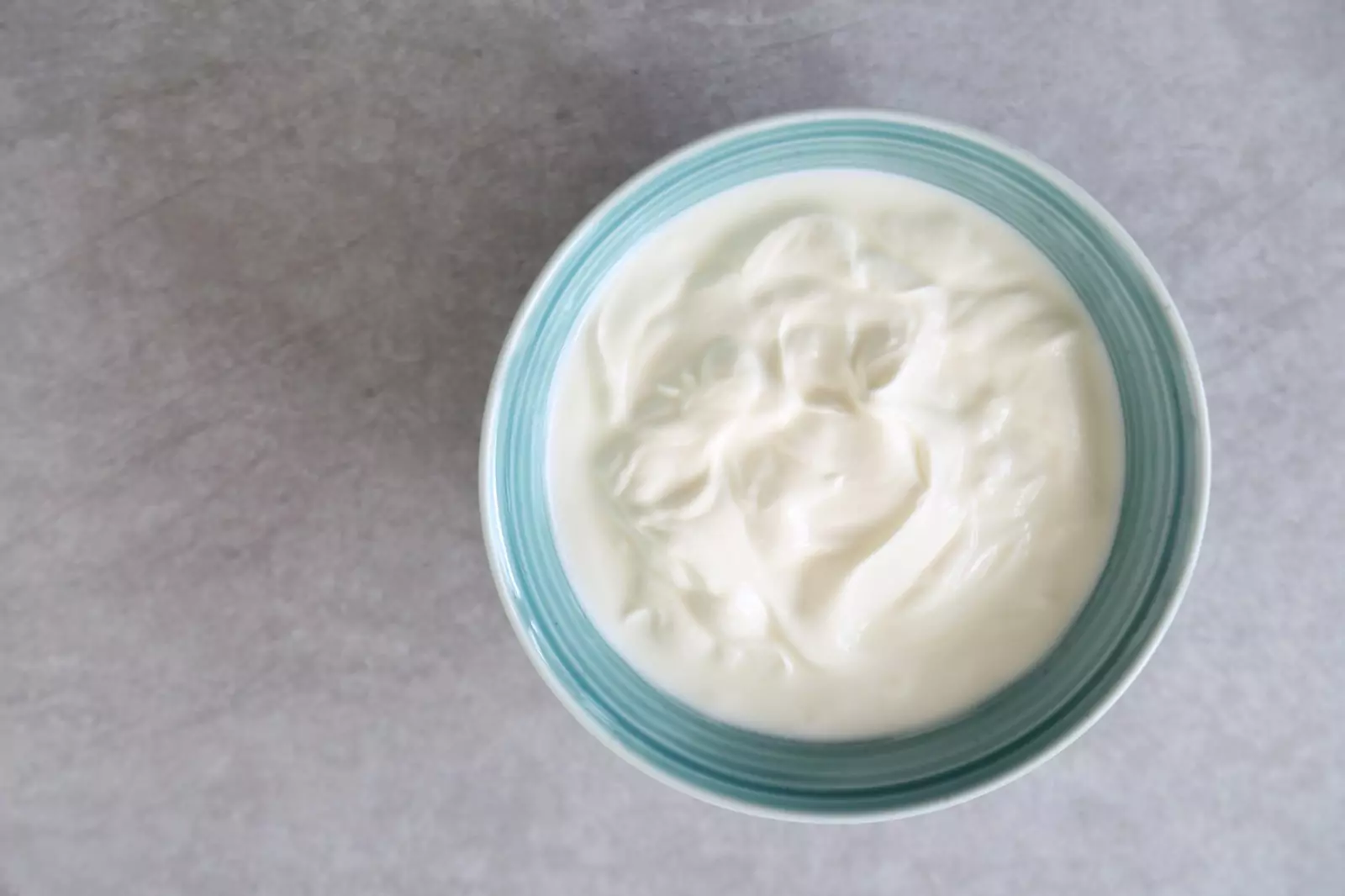
UP TO 40% OFF SITEWIDE






Diabetic Diet, carbs and how to eat right for diabetes type 2


Table of Contents
- What is type 2 diabetes?
- Why is diet so important for diabetes?
- Should I lose weight, and if so, how much?
- What are carbs?
- What does "counting carbs" mean?
- How do I count carbs in a type 2 diabetic diet?
- Total carbohydrate
- Serving size
- Do I have to count carbs for diabetes, or are there any other alternative ways?
- Exchange planning
- Meal timing
- How does fatty food affect blood sugar in a diet for type 2 diabetes?
- Which starches and carbohydrates are okay for a diabetic diet?
- What are the good fats?
- How much protein should I eat with diabetes in my diet?
- What are other things important in a diabetic diet?
- Are artificial sweeteners okay in my diet for diabetes?
- In Summary
In today's article, we are going to talk about type 2 diabetes, carbohydrates(carbs), and diet. My patients constantly ask "what should I eat for my diabetes", "How much carbohydrates/carbs should I eat in my diet for type 2 diabetes?", "Which starches are good your diabetes?"I am going to go over the best diabetic diet and how a diabetic patient should manage their diabetes with their diet for type 2 diabetes.
After reading this article you will understand the effect of carbohydrates and fats in your diabetic diet and how they affect blood your sugars and health.
What is type 2 diabetes?
Type 2 diabetes mellitus is a disorder that is a result of your body not being able to utilize sugar in the diet for creating energy. Diabetes also causes other problems such as distraction in the regulation of the body's metabolism of protein and fat. All the cells in the body need sugar to function normally.
Sugar gets into the cells with the help of a hormone called insulin. In patients with type 2 diabetes, the body no longer responds to normal or even high levels of insulin. Since diabetes is a progressive disease pancreas may stop making insulin in the long-term.
Being overweight is one of the main reasons for insulin resistance/metabolic syndrome, which leads to diabetes. Eventually, the sequence of events leading to sugar to build up in the blood, which can lead to problems if untreated. Blood sugars remain elevated most of the time we call it diabetes.
Type II diabetic medications require continuous monitoring with a fingerstick, Dexcom or freestyle libre and treatment to maintain goal blood sugar levels. Diabetes is of fluid disease. Blood sugar changes continuously based on the diet, physical activity, and stress levels.
At sugarmds will help patients with lifestyle changes, self-care measures, and medications. With the correct approach, complications of diabetes can be avoided. Learning to manage diabetes is a process that continues over a lifetime. This blog article will review and discuss the role of diet in the management of type 2 diabetes.
Why is diet so important for diabetes?
Making changes to your diet is a crucial part of managing type 2 diabetes. Of course, changes do not mean starvation or total deprivation—just enough to improve your metabolic profile. When we treat patients with diabetes, we teach them "ABCs of diabetes." A refers to A1C, B refers to blood pressure, and C refers to cholesterol. We emphasize to our patients that controlling blood sugar is important; however, controlling blood pressure and cholesterol is as significant as blood sugar control. Controlling ABCs of diabetes is the key to reduce the risk of heart attacks and strokes. Keeping your blood sugar at or near your goal level most importantly reduces the complications that can affect the eyes, kidneys, and nerves. Keeping your blood pressure and cholesterol levels under control help reduce your risk of heart attacks and strokes (cardiovascular disease)
Should I lose weight, and if so, how much?
We recommend 5 to 10% of weight loss. Although it seems a small amount, it can make a big difference in your blood sugar levels and cholesterol levels as well as blood pressure. To achieve weight loss, we recommend 10 to 12 calories per pound per day. Although the caloric needs may change, most everybody will be able to lose weight with this guidance.
What are carbs?
Carbohydrates directly affect your blood sugar level in your diabetic diet, whereas proteins and fat have little impact. To stay on the true if the content of the food is not too high in fat. Then the fat content is also high in the food.
It can make a much more significant impact and blood sugar than the same carbs with less fat. Carbs (short for "carbohydrates") are sugars that are present in many foods. When we eat, our body breaks the food down into different nutrients. These nutrients include carbohydrates, proteins, and fats. The body uses glucose for energy. Foods with a lot of carbs include:
●Cereal, rice, pasta, bread.
●Fruits and starchy vegetables
● Dairy products
●Cookies cakes and candies
What does "counting carbs" mean?
Counting carbs (also called "carb counting") is a type of meal planning. Some patients with diabetes use this for precision, especially when they are on insulin. Counting carbs and means knowing the number of carbs you eat.
When patients with diabetes count carbs, they keep track of how many carbs they eat for each meal and snack. People with diabetes need to know how many carbs they eat because eating carbs raises blood sugar levels. "Carb counting" is particularly important for patients taking insulin for every meal.
This is because diabetic patients will need to adjust their insulin doses according to the carbohydrate content of the food. However, even for those who do not take insulin, carb counting can help keep blood sugar levels from getting too low or too high. It increases your awareness of the carbs, which helps control the caloric intake.
How do I count carbs in a type 2 diabetic diet?
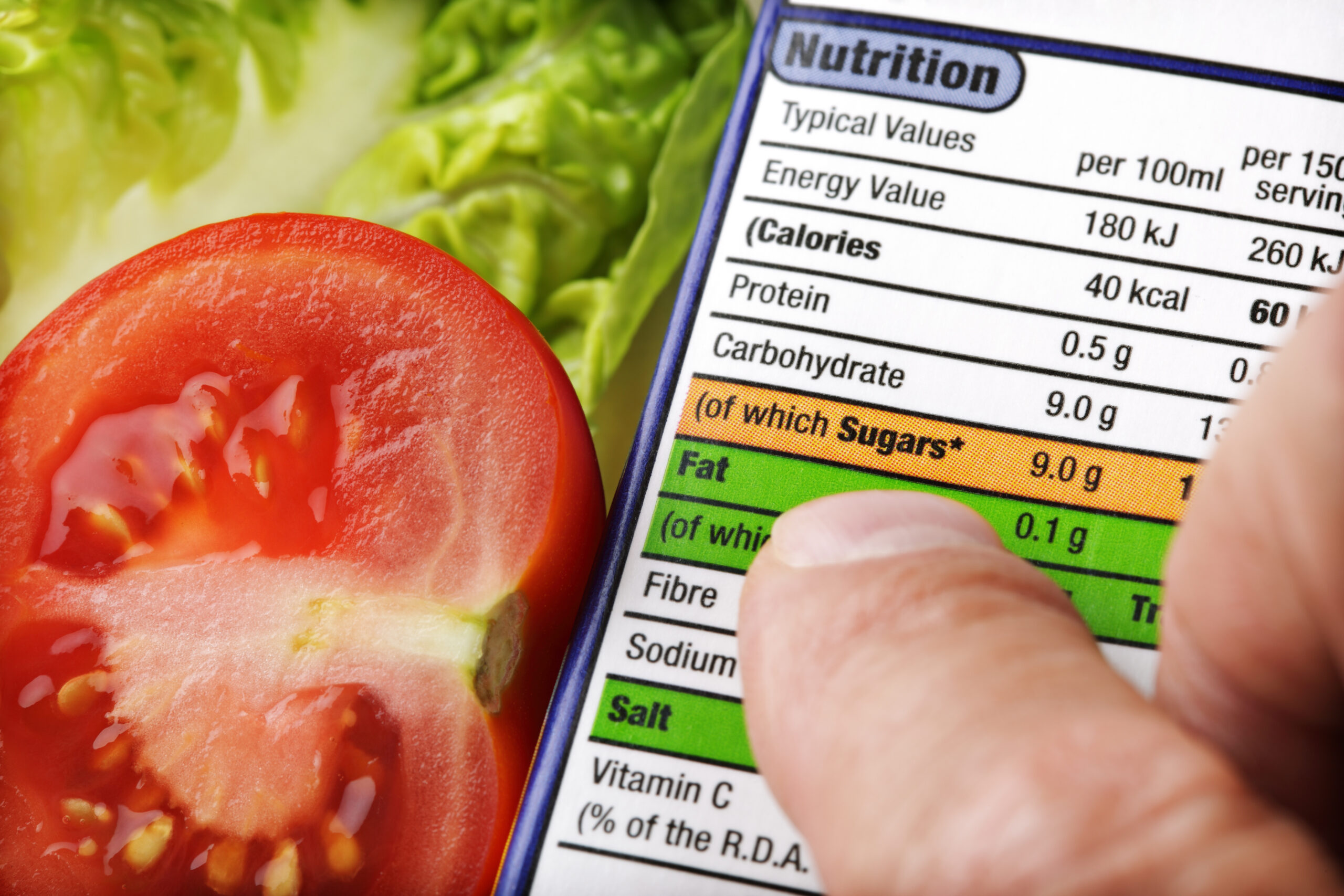
Always check nutrition label for carbs and fat for your diet for type 2 diabetes
If your food has a nutrition label, please make sure to check out the information on the nutrition label. You need to look at certain things. A common misconception is that patients look at sugar or glucose on the label and disregard total carbohydrates. You should note that all the carbs turn into sugar minus the fiber content.
Total carbohydrate
Lets say you are on a diet for diabetes and want to count carbs for diabetes. You look at nutrition labels and find total carbohydrates. Total carbs tells you how many carbs are in 1 serving size of the food. For example, if you see number 27 gr, that means one serving of that food has 27 g of total carbohydrates. If one serving is one piece of that food, having two pieces will give you 54 g of carbohydrates.
Serving size
This tells you how much food is in 1 serving. If you have two servings, the number of carbs will be two times the number of carbohydrates listed. Dietary fiber – Fiber is a carbohydrate that is not digested. As a result, it does not raise blood sugar. Foods with a lot of fiber can help control the blood sugar of patients with diabetes.
If a food has more than 5 grams (g) of fiber, less insulin is needed for that food. You can subtract the threads from the total carbohydrates. If there is 5 g of fiber in 1 serving and 30 g of total carbohydrates given at sugars will be 25 g. And you can use 25 g of carbs in your calculation of how much insulin you need.
Unfortunately, many foods, such as fresh fruits and vegetables, don't have a nutrition label. For these foods, you will need to learn about the usual serving sizes of different foods. You can easily do so by searching the item in Google or using phone applications that provide the same data.
You will also need to learn how many carbs are in one serving in those fruits and vegetables. For example, it is straightforward to learn that one small apple and one small orange is only 15 g. Wants to know how much carbs is in these fruits and vegetables you will memorize very easily You eat these foods.
Do I have to count carbs for diabetes, or are there any other alternative ways?
Yes, there is. We call that exchange planning in a diabetic diet.
Exchange planning
With exchange planning, we categorize all the foods as carbohydrate, meat or meat substitute, or fat. In this system, one serving of a sugar, for example, one small orange, which is 15 g, can be exchanged for any other sugar, for example, 1/3 cup rice. Again, we can do that because both portions contain about 15 grams of carbohydrate.
As a result, you can also easily find out the total carbohydrate content of your meals and snacks using the exchange method. Our dietitians at Sugar MDs can help you understand this better. Do I have to eat at the same time every day? Let us talk about meal planning.
Meal timing
For some patients with diabetes, eating at the same time, every day is crucial. That is because certain medications cause low blood sugar if they skip a meal. For patients who are on mealtime insulin, that is not the case.
If you are on sulfonylurea agents such as glipizide, glyburide, glimepiride, sticking to your mealtimes can be very important. Patients to take medications that do not cause low blood sugar such as metformin, Ozempic, Trulicity, rybelsus, Jardiance, Farxiga, Invokana have more flexibility with their diet and timing after meals. For those patients skipping or delaying a meal will not usually increase your risk of low blood sugar.
How does fatty food affect blood sugar in a diet for type 2 diabetes?
It is okay to eat food high in fat such as pizza; sometimes; however, you will need to monitor your blood sugar levels more frequently. As we discussed previously, high-fat, high-protein meals are absorbed more slowly. As a result, for those patients who take rapid-acting insulin before a meal, blood sugar level may become low shortly after eating a high-fat meal and then rise hours later.
For patients who are not on insulin, they may find have very high blood sugar in the morning when they eat a high-fat meal in the evening. If you are eating high-fat meals occasionally or more frequently than recommended, your blood sugars may fluctuate significantly.
It is a good idea to contact the sugar MDs team to ask for advice. What should I eat to control my diabetes? At the beginning of the article, we discussed ABCs (A1C, Blood pressure, and Cholesterol) to control not only blood sugars but also reduce the risk of heart attacks and strokes.
As a result, diabetic experts recommend that all diabetic people should aim to maintain a healthy weight. They can do that by decreasing calorie intake and increasing physical activity. Of course, monitor their carbohydrate intake plays a significant role.
Which starches and carbohydrates are okay for a diabetic diet?
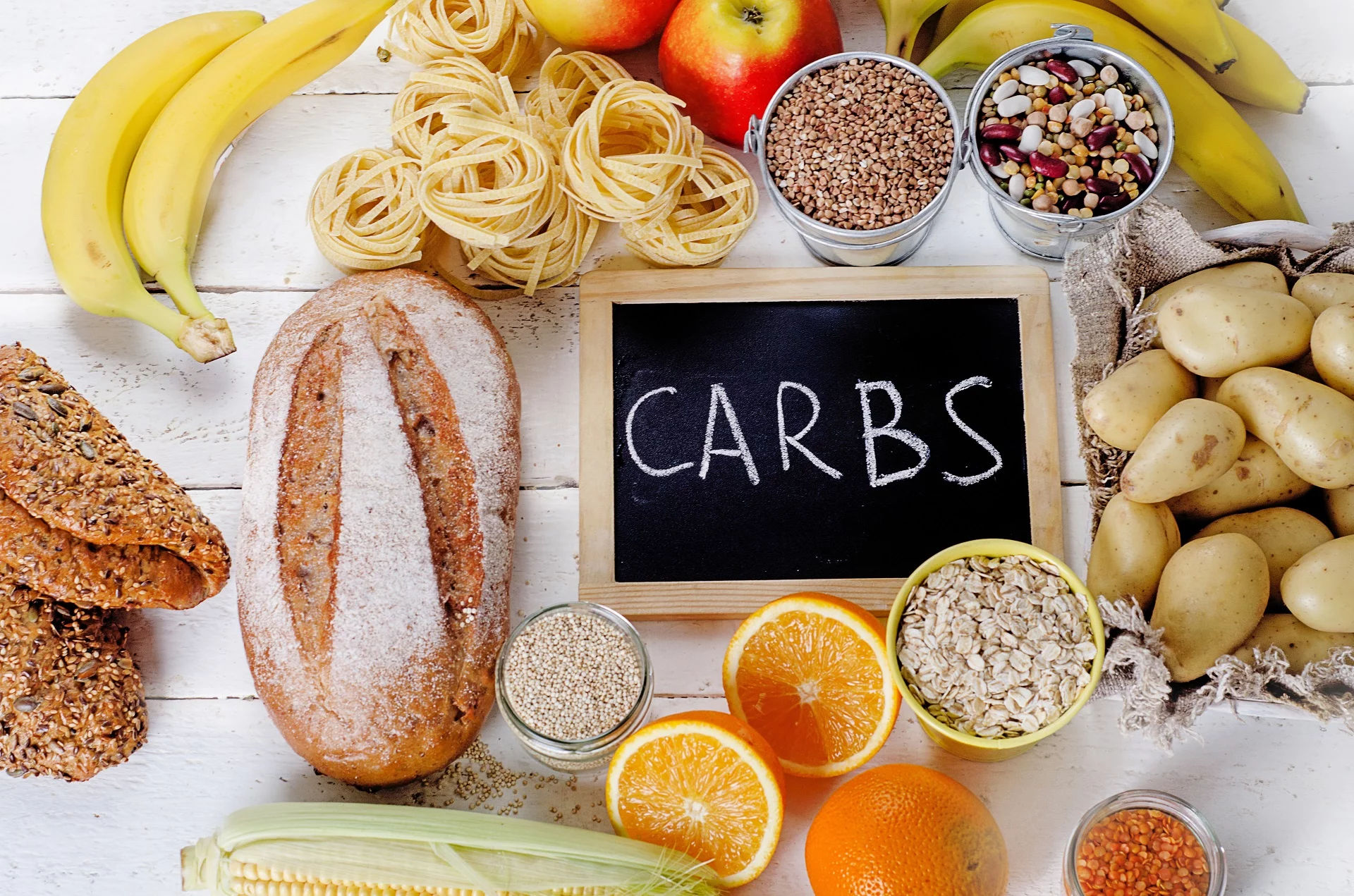
Avoid processed food and bakery for your diet for type 2 diabetes Carbohydrates taken from fruits, vegetables, whole grains, legumes, and low-fat milk are the best. We advised people with diabetes to avoid sugar-sweetened beverages (including fruit juice). We also strongly recommend avoiding bakery products.
The ideal amount of carbohydrate intake is uncertain. As long as a patient with diabetes can maintain reasonable glucose control as well as a healthy weight, the amount of carbohydrates does not necessarily matter. Some people can do this with 30 g of carbs per meal, and some people can eat up to 75-100 g per meal depending on their activity level. For sedentary individuals, we do not recommend eating more than 45 to 60 g of carbs per meal.
A lot of different diets may work, including low fat, low carbohydrate, Mediterranean, vegetarian. All of these diets are acceptable. It is crucial for you to like your food so you can stick to your diet.
On the other hand, before you make any dietary changes, you should talk to your endocrinologist/diabetes doctor to make sure that your medications are adjusted correctly. this is especially true when people are attempted to call for a deficient carbohydrate diet such as ketogenic diet
What are the good fats?
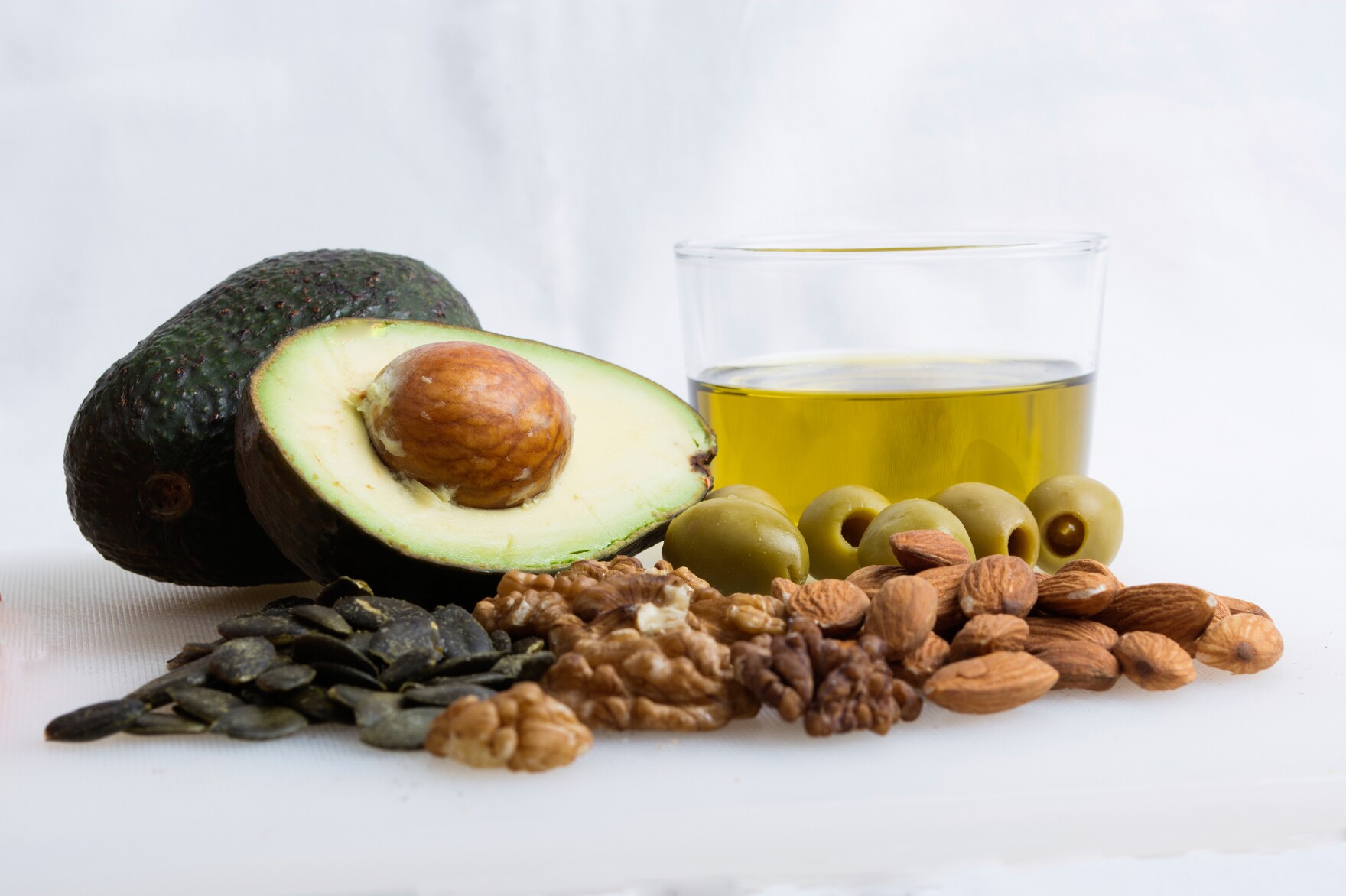
Diabetes type 2 and dietary fat
The type of fat you eat is more important than the amount of fat you eat in a diet for type 2 diabetes. Of course, you need to limit your fat content to less than 30% of your total diet. On the other hand, you should avoid saturated and trans fats.
Saturated and trans-fats are prevalent in solid fats like cheese, red meats, butter, margarine, and shortening. Polyunsaturated fats should replace your saturated and trans-fats. These are food items like fish, olive oil, and nuts.
Again this applies to the “C” of the ABC. As we discussed , diabetes increases your risk of heart disease and stroke. As a result, eating a diet low in saturated and trans fats and cholesterol can help to reduce your cholesterol levels and reduce your cardiovascular risk.
How much protein should I eat with diabetes in my diet?
Our dietitians at Sugar MDs can help you to determine how much protein your diet should include. However, in general, it's a good idea to get protein from lean meats, fish eggs, beans, soy, and nuts and to limit the amount of red meat you eat. The recommended total protein for a sedentary man is around 55 to 56 g. With advanced kidney disease, protein intake may also need to be limited.
What are other things important in a diabetic diet?
Having a diet low sodium and high in fruits, vegetables, and low-fat dairy products will help blood pressure control.
Are artificial sweeteners okay in my diet for diabetes?
Although artificial sweeteners do not affect blood glucose levels, we recommend consuming these in moderation in a diabetic diet. Beverages such as diet soda can be a short-term solution. However, the best approach is to avoid both sugar-sweetened and artificially sweetened beverages and try to drink more water or electrolyte waters.
In Summary
In the past, we have recommended patients not to eat carbohydrates at all in their diabetic diet or limit their limit the sugar totally to almost none. This is not true anymore. With the medications we have, and lifestyle adjustments and diet education, carbohydrates can be a great source of energy in anyone's diet. Do not follow for products that are "sugar-free" or "fat-free."
They do not necessarily have a reduced number of calories or carbohydrates. Read all nutrition labels carefully to have enough and correct amount of carbs in your diabetic diet. Compare with other similar products on the shelf to find out which product has the best balance of carbohydrates, fat, and fiber as well as total calories.
There are also some sugar-free foods, such as sugar-free gelatin and sugar-free gum. They have a significant number of calories, so they are considered "free foods." Also, any food that has less than 20 calories and 5 grams of carbohydrate are regarded as a free meal, meaning that it does not affect body weight or require an adjustment to your medication.
It can be challenging and sometimes overwhelming to figure out how to manage your diet to control your diabetes. Please contact us at Sugar MDs so we can help you practice, and support you. With our approach, most people can get their diabetes under control and make diabetes a part of their daily life. As a result, they were complications and costly treatments in the future.
Written By Dr. Ahmet Ergin
466 total articles
Meet Dr. Ahmet Ergin, a highly skilled and dedicated endocrinologist with a passion for diabetes care. Dr. Ergin earned his medical degree with honors from Marmara University in Istanbul. He completed internal medicine residency and endocrinology fellowship at Cleveland Clinic. Dr. Ergin is board-certified in Internal Medicine, Endocrinology, Diabetes, and Metabolism due to his vast medical expertise. He's a certified diabetes educator, author of “The Ultimate Diabetes Book,” and founder of “the SugarMD YouTube channel.” Dr. Ergin offers exceptional diabetes care to his patients in Port Saint Lucie, FL, helping them manage effectively. For a closer look into his insights and experiences, connect with Dr. Ahmet Ergin on LinkedIn, Instagram, and YouTube.”
Disclaimer: These statements have not been evaluated by the Food and Drug Administration. Information on this website isn't intended to treat, cure or prevent any disease. Discuss with your doctor and do not self-treat.
Products










